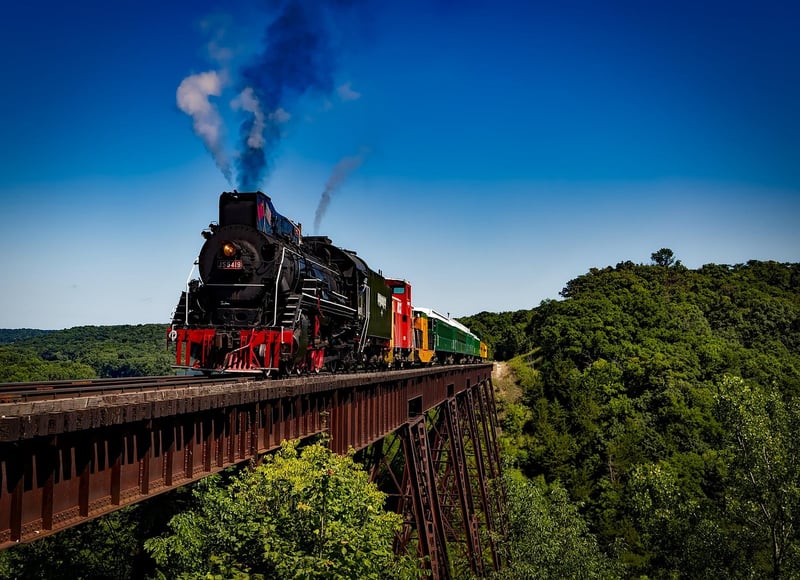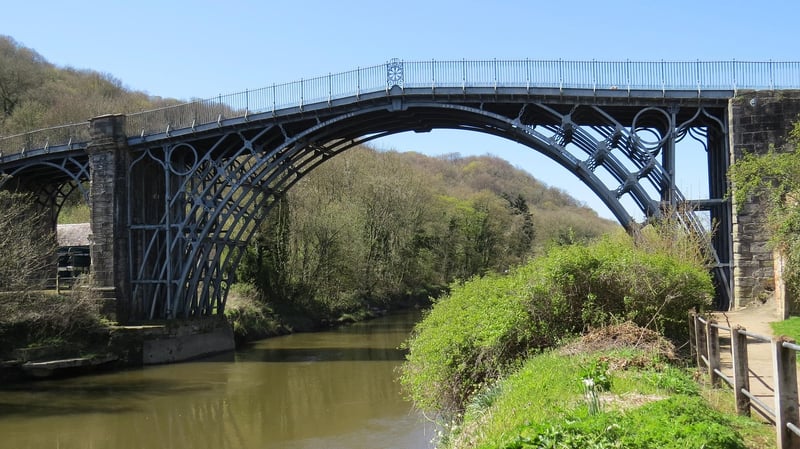Industrial Revolution
Exploring Different Historical Periods: The Industrial Revolution
The Industrial Revolution: A Brief Overview
The Industrial Revolution was a period of significant technological, economic, and social change that began in the late 18th century and transformed societies from agrarian to industrial. It started in Britain and later spread to other parts of the world, marking a shift from handmade to machine-made goods and setting the stage for modern industrial society.
Key Innovations and Impacts
During the Industrial Revolution, several key innovations emerged, such as the steam engine, textile machinery, and iron production techniques. These advancements revolutionized manufacturing processes, transportation, and communication, leading to urbanization, mass production, and the rise of capitalism.
Historical Context
The Industrial Revolution had profound effects on labor, living conditions, and social structures, with workers facing harsh working conditions, long hours, and low wages in factories. It also fueled population growth, increased wealth inequality, and sparked movements for labor rights and social reforms.
Industrial Revolution in Images

Legacy and Global Impact
The Industrial Revolution laid the foundation for modern industrialized societies and shaped the world as we know it today. Its legacy includes technological advancements, urban development, global trade networks, and environmental challenges. The impacts of this period continue to influence economies, politics, and cultures worldwide.
Conclusion
Exploring the Industrial Revolution offers valuable insights into the transformation of societies through innovation, industrialization, and social change. By understanding this pivotal historical period, we can appreciate the roots of modern industry and the complexities of progress and its consequences.
